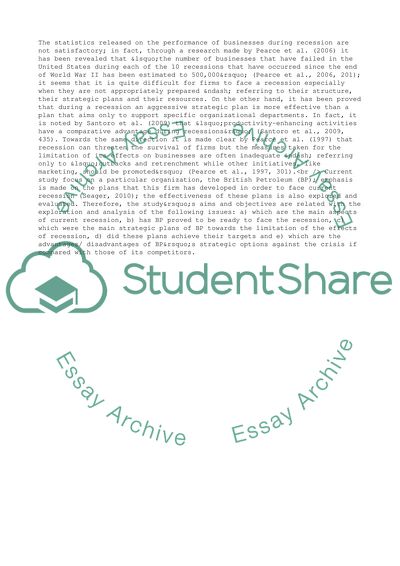Cite this document
(Management of British Petroleum Research Proposal, n.d.)
Management of British Petroleum Research Proposal. Retrieved from https://studentshare.org/management/1733723-business-research-proposal-british-petroleum
Management of British Petroleum Research Proposal. Retrieved from https://studentshare.org/management/1733723-business-research-proposal-british-petroleum
(Management of British Petroleum Research Proposal)
Management of British Petroleum Research Proposal. https://studentshare.org/management/1733723-business-research-proposal-british-petroleum.
Management of British Petroleum Research Proposal. https://studentshare.org/management/1733723-business-research-proposal-british-petroleum.
“Management of British Petroleum Research Proposal”. https://studentshare.org/management/1733723-business-research-proposal-british-petroleum.


